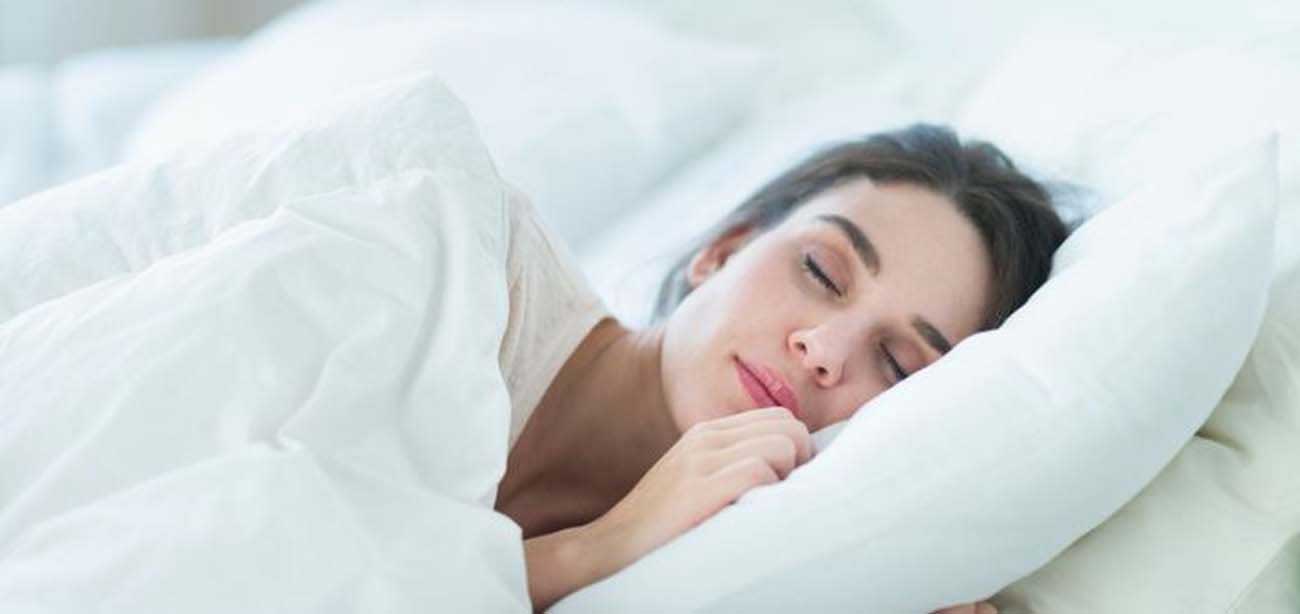Obstructive Sleep Apnea

Sleep apnea is a severe sleep disorder in which breathing regularly stops and starts. A few of the symptoms may be snoring loudly or feeling tired and exhausted even after a full night's sleep.
Sleep apnea can be distinguished into 3 major types
Obstructive sleep apnea - this type is a more common form that happens when muscles of the throat relax.
Central sleep apnea - this type is related to the functioning of the brain. Central sleep apnea occurs when the brain fails to send a proper signal for controlling breathing.
Complex sleep apnea syndrome - also referred to as treatment-emergent central sleep apnea, occurs when a person is suffering from obstructive sleep apnea as well as central sleep apnea.
Sleep - Apnea Symptoms
The typical signs and symptoms of obstructive and central sleep apneas include
- Snoring Loudly
- Experiencing stop and start of breathing during sleep - usually noticed by another person
- Panting for air during sleep
- Experiencing dry mouth after waking up
- Headache
- insomnia
- hypersomnia
Sleep Apnea Diagnosis and Evaluation
An evaluation oftentimes requires overnight monitoring of breathing and other body functions while asleep. Sleep monitoring is usually advised to be done at a sleep center, but home sleep testing can also be an option Diagnosis of sleep apnea requires the below-mentioned tests -
Nocturnal polysomnography - involves monitoring the activity of the heart, brain, and lungs, patterns of breathing, movements of hands and legs, and blood oxygen level during the sleep
Home sleep tests.
A doctor may provide you with the simple test at home, generally measuring heart rate, airflow, breathing pattern, and blood oxygen level
If you believe you might have sleep apnea, see your doctor for treatment as it can help ease symptoms and prevent heart complications.
 Call For Appointment
Call For Appointment